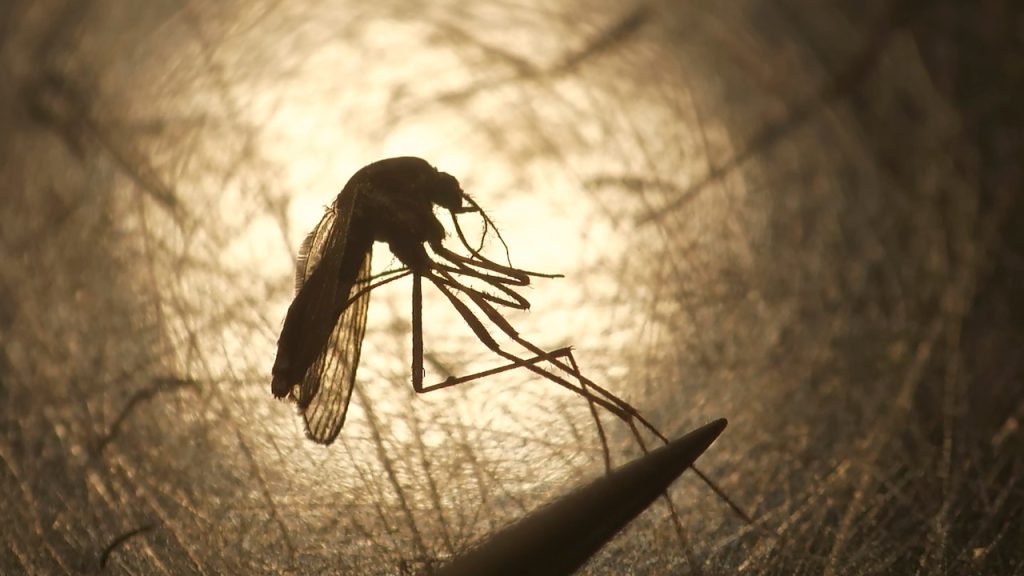Seven mosquitoes have tested positive for West Nile virus and another has tested positive for eastern equine encephalitis in Cape May County over the past two months, the Cape May County Health Department announced Monday.
The seven mosquitoes infected with West Nile virus were collected in Upper Township, Cape May City, Woodbine and Lower Township, according to the health department, and the mosquito that tested positive for EEE was found in Lower Township.
Health officials said the insects were collected in June and July.
As of Monday, no cases of either EEE virus or West Nile virus had been reported in Cape May County, officials said.
The mosquito control bureau has been testing mosquitoes and spraying insecticides in affected areas and will continue to do so, according to the statement.
“The discovery of West Nile Virus and EEE in our area is a reminder to people to take precautions when participating in outdoor activities, especially during the early morning (dawn) and evening (dusk) hours,” Cape May County Health Director Kevin Thomas said in a statement. “Residents should wear long-sleeved shirts, long pants and use mosquito repellent. They should also remove any standing water on their property that may provide mosquito habitat and keep window screens in good condition.”
There are no human vaccines for these diseases, but vaccines are available for horses and horse owners should discuss vaccinations with their veterinarian, officials said.
Both viruses are transmitted through the bite of mosquitoes that have picked up the virus from infected birds, the agency said, and human-to-human transmission is rare but can occur through blood transfusions and breastfeeding.
Most West Nile virus infections are mild and often asymptomatic. Symptoms, when they occur, can be mild or severe and appear three to 15 days after being bitten by an infected mosquito, officials say. Mild illness includes flu-like symptoms with fever, headache, body aches, nausea, and sometimes swollen lymph nodes and a skin rash. Severe illness can include high fever, stiff neck, confusion, and brain swelling (encephalitis), which can lead to coma, convulsions, or death.
Although EEE infection can cause a variety of illnesses, most people who contract the virus either have no symptoms or only a mild flu-like illness with fever, headache and sore throat.
Health officials say in rare cases, the infection causes a sudden, worsening fever, muscle pain and headache, often followed shortly by seizures or a coma. In these rare cases, about a third of patients die from the disease. Of those who survive, many suffer permanent brain damage.
Please support us NJ.com With any subscription fee.
Chris Sheldon can be contacted at [email protected].


